4 likes
4 likes
It still has some aesthetic refinements to come, but the new search page for the blog archive is now active. You can find the link to it under 'Blog' on the menu. Not there? refresh your page
5 likes
3 likes
7 likes
7 likes
6 likes
7 likes

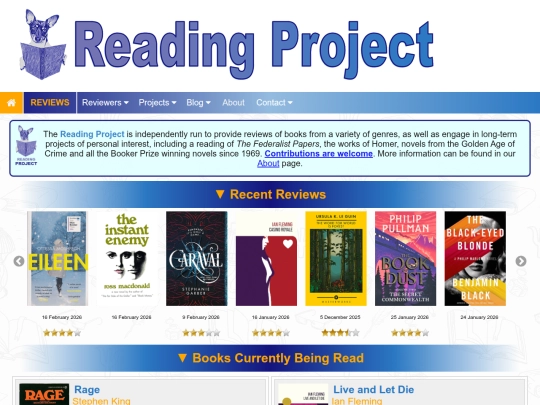
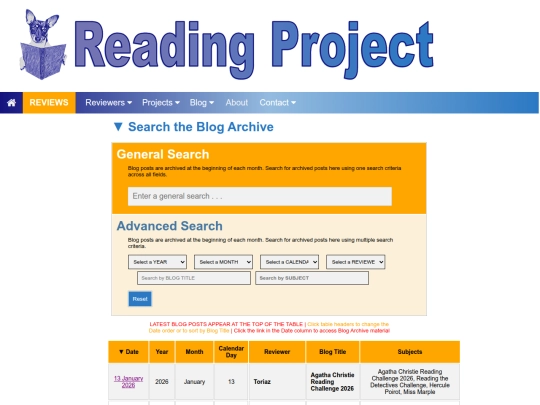

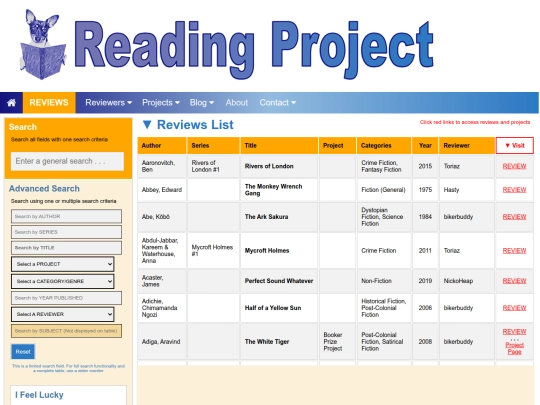
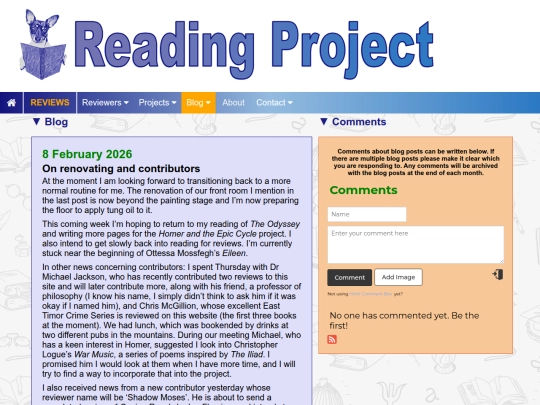

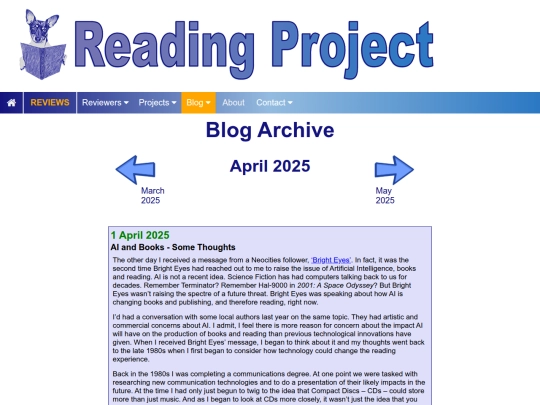
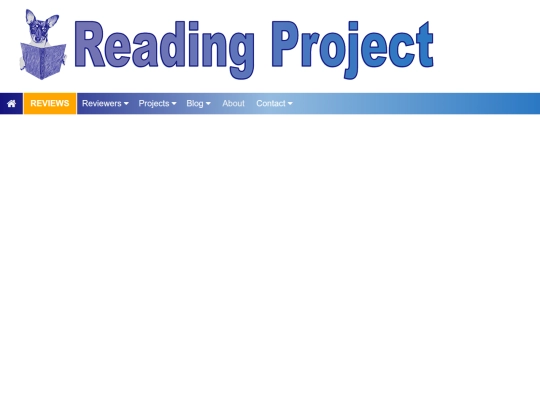
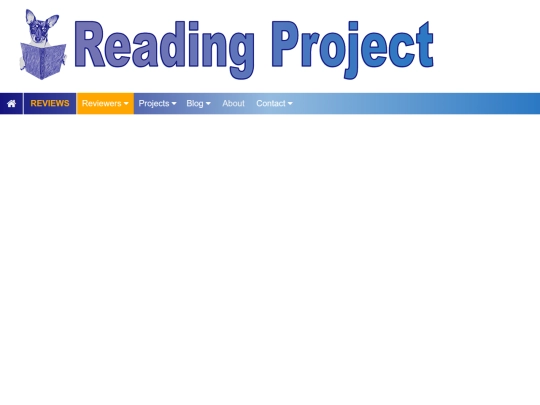

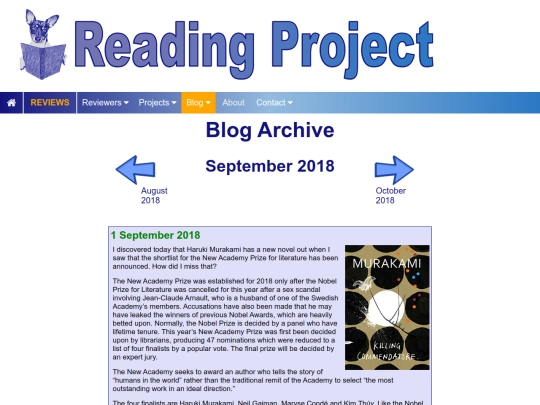
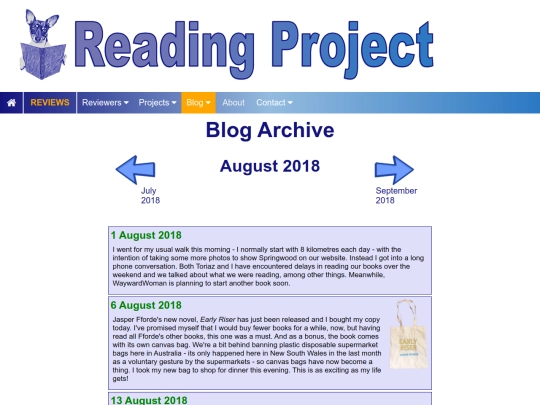
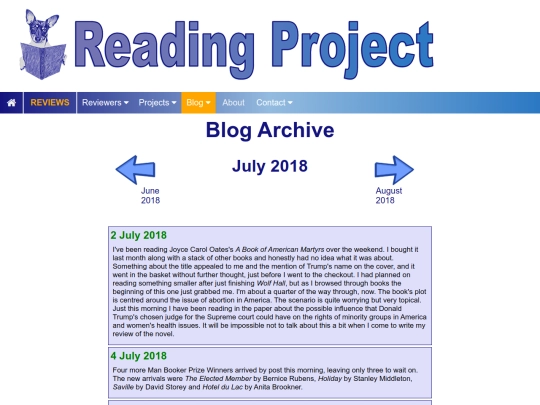
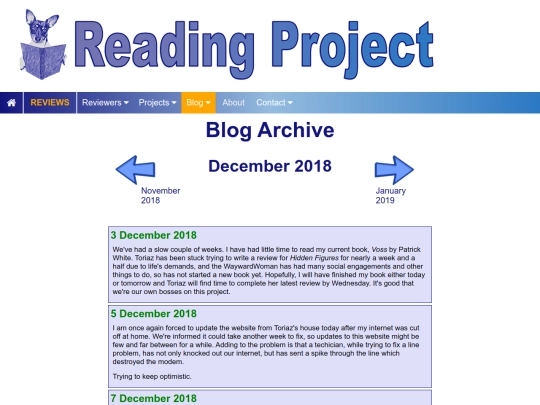
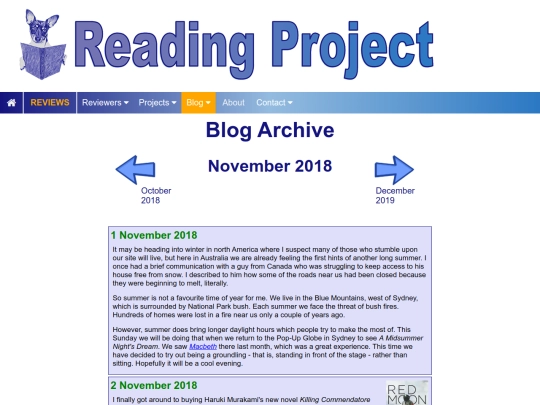
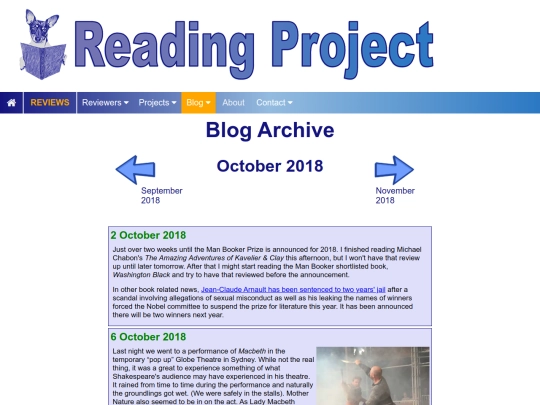
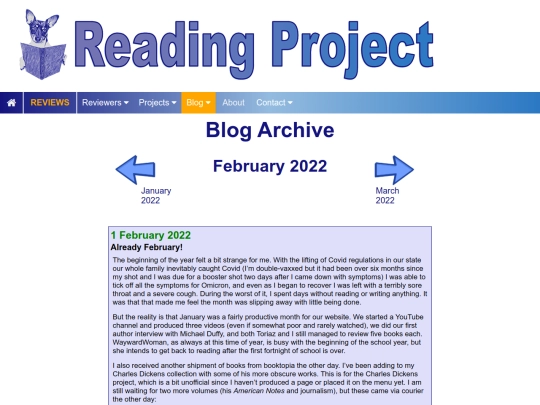
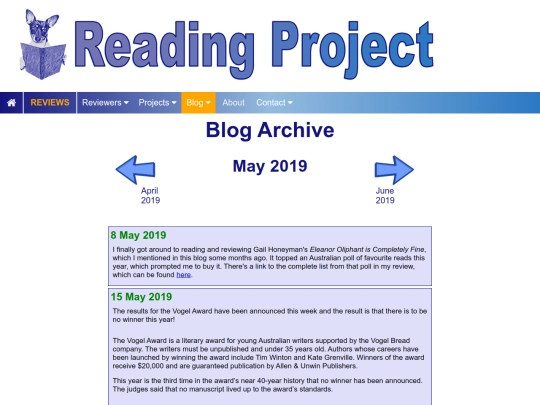
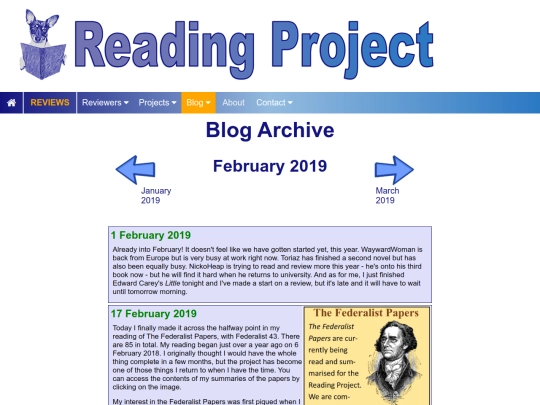
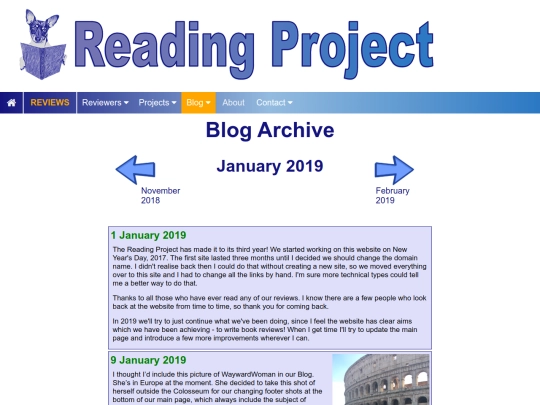
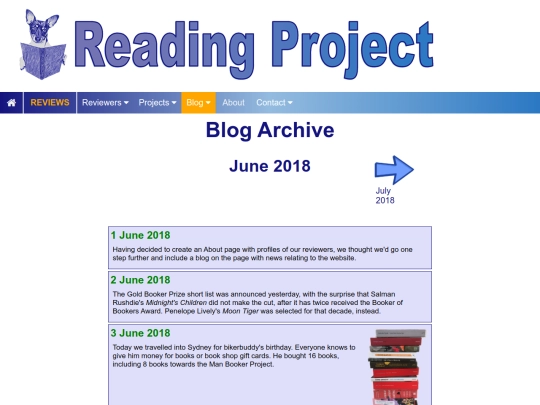
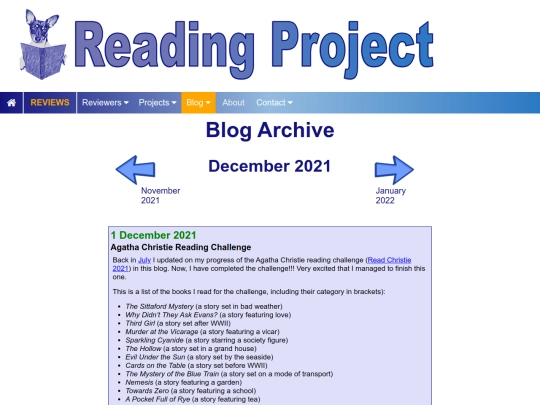
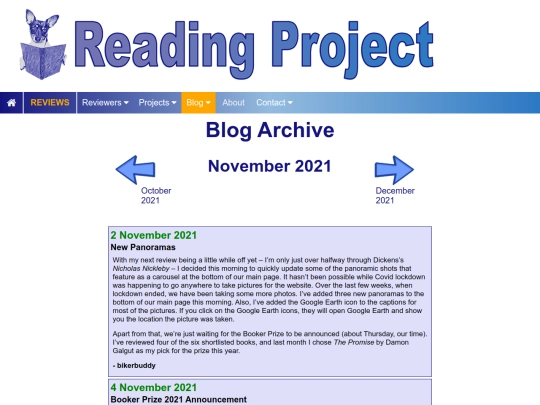
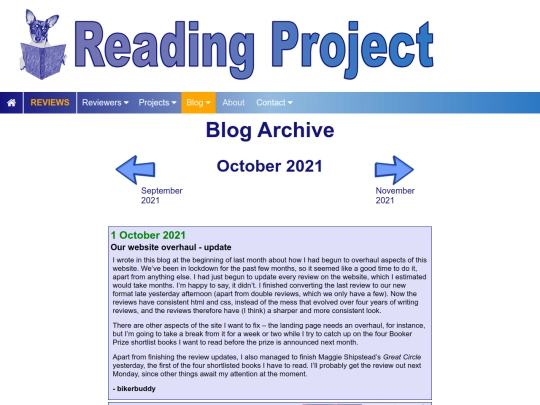
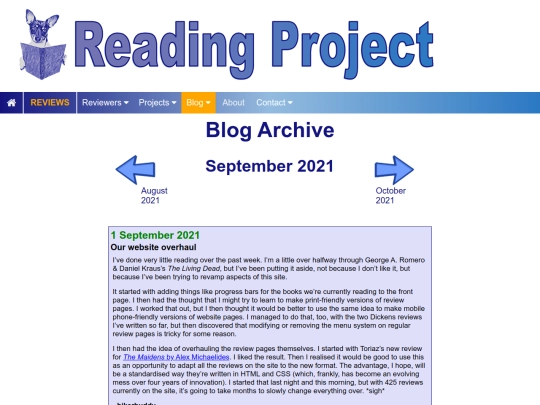
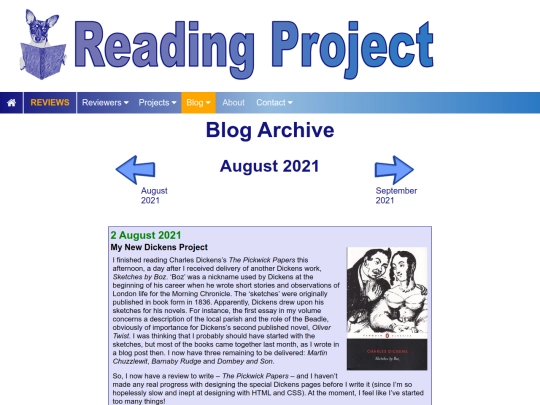

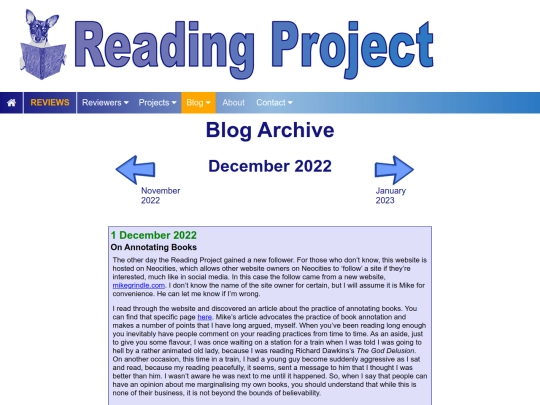
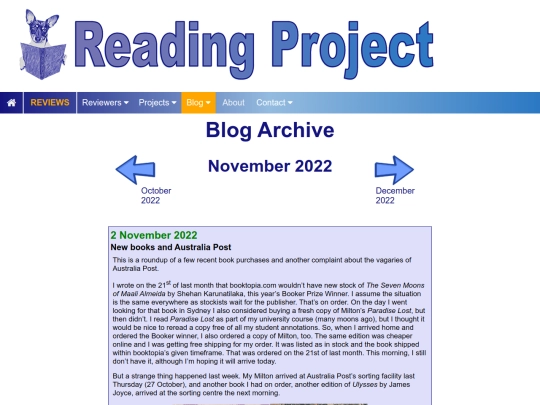
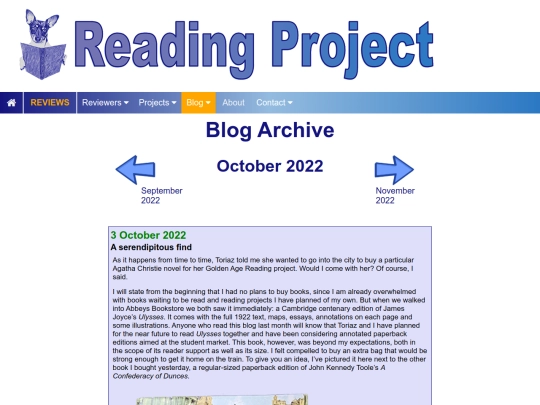
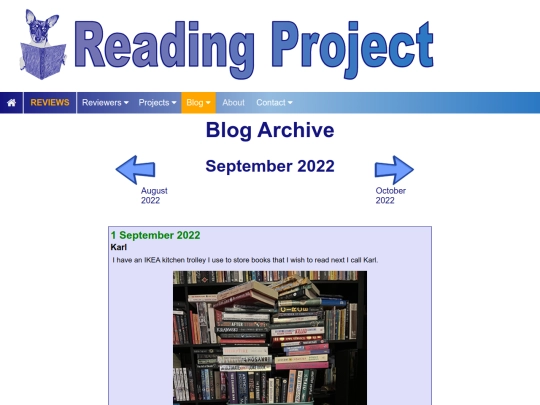
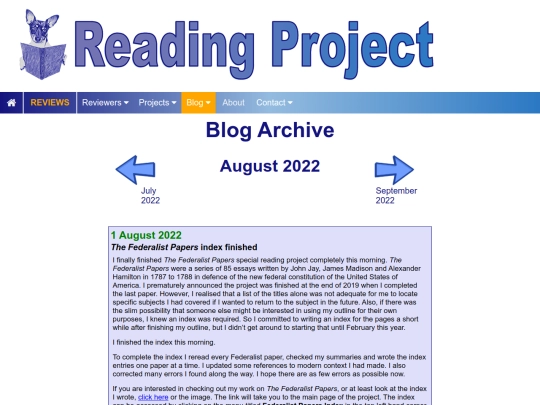

































































































































































































doin somethin with the archives?
creating a searchable index page so I can get the messy list out of the dropdown menu and make it more user friendly. I sometimes want to look back over things. Can't imagine it will interest anyone else
i find myself browse your blog archives (albeitly just entirely randomly) quite often, actually
I never thought anyone would. I don't like to delete old posts. But what to do with them. Sometimes I want to check when something happened and it's a chore looking for a post. So this is mainly for me. But I'm happy if it gets a wider use. You'll be able to do searches for yourself and EarRat!
coming back to a screen near you soon
Woo hoo!
Fascinated by implementing search. I'd like to try something similar in the future :-)
@ophanimkei. The page I'm doing is based on the search page I already have for reviews. The problem is modifying it when neocities lags to see the updates, and getting all the information in